The Bank of Korea Rules Out Bitcoin Inclusion in Foreign Exchange Reserves
Cautionary Approach to Cryptocurrency
The Bank of Korea has declared that it will not include Bitcoin in its foreign exchange reserves, citing concerns over the cryptocurrency’s price volatility. In response to a recent inquiry from Representative Cha Gyu-geun of the National Assembly’s Planning and Finance Committee, the central bank emphasized the risks associated with Bitcoin’s price fluctuations, which can make it an unreliable asset for reserves.
This marks the first time the central bank has clarified its position on the potential use of crypto in national reserves, highlighting its cautious approach when dealing with the asset.
International Discussions on Crypto Reserves
The central bank’s statement comes amid ongoing international discussions on the role of crypto in national reserves, following U.S. President Donald Trump’s recent executive order to establish a strategic "crypto reserve," with Bitcoin (BTC) and Ethereum (ETH) at its heart.
Market Volatility
Currently, Bitcoin is trading at approximately $83,450, marking a 23% decline from its peak of $109,000 in January, according to CoinGecko.
Concerns Over Transaction Costs
"If the virtual asset market becomes unstable, there is a concern that transaction costs will increase rapidly in the process of converting Bitcoin into cash," a spokesperson for the central bank said, according to reports in local media.
IMF Criteria for Foreign Exchange Reserves
The Bank of Korea also stated that the world’s largest crypto does not meet the International Monetary Fund’s (IMF) criteria for foreign exchange reserves. The IMF requires foreign exchange reserves to be liquid, marketable, and in convertible currencies with investment-grade credit ratings – requirements that Bitcoin does not fulfill.
Bitcoin Reserves in Asia
Just last week, a seminar hosted by the Democratic Party of Korea discussed the possibility of including Bitcoin in the country’s foreign exchange reserves, just a day before President Trump signed his executive order.
Meanwhile, South Korea’s closest neighbor, Japan, has also shown hesitancy regarding the inclusion of Bitcoin in foreign reserves. Last December, Japan Prime Minister Shigeru Ishiba voiced concerns about insufficient information on the U.S. and other countries’ plans for Bitcoin reserves.
Conclusion
The Bank of Korea’s decision to rule out Bitcoin in its foreign exchange reserves highlights the challenges associated with the cryptocurrency’s volatility and lack of meet the IMF’s criteria for foreign exchange reserves. As international discussions continue on the role of crypto in national reserves, it is essential for governments and financial institutions to carefully consider the potential risks and benefits of including cryptocurrencies in their foreign exchange reserves.
FAQs
Q: What is the current market price of Bitcoin?
A: The current market price of Bitcoin is approximately $83,450, a 23% decline from its peak of $109,000 in January.
Q: Why does the Bank of Korea rule out Bitcoin in its foreign exchange reserves?
A: The Bank of Korea rules out Bitcoin in its foreign exchange reserves due to concerns over the cryptocurrency’s price volatility, which can make it an unreliable asset for reserves.
Q: What are the IMF’s criteria for foreign exchange reserves?
A: The IMF requires foreign exchange reserves to be liquid, marketable, and in convertible currencies with investment-grade credit ratings.
Q: How does Japan view the inclusion of Bitcoin in foreign reserves?
A: Japan’s Prime Minister Shigeru Ishiba has voiced concerns about insufficient information on the U.S. and other countries’ plans for Bitcoin reserves.


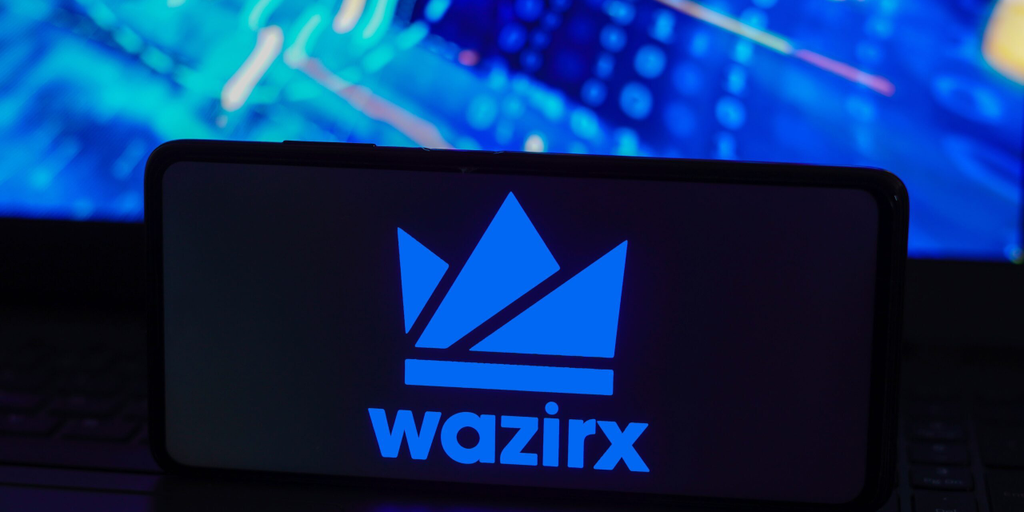
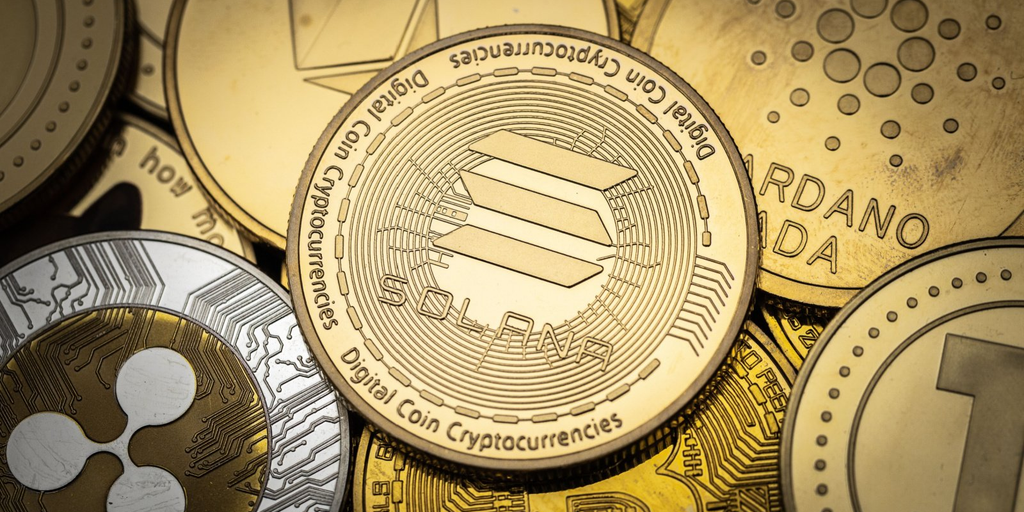
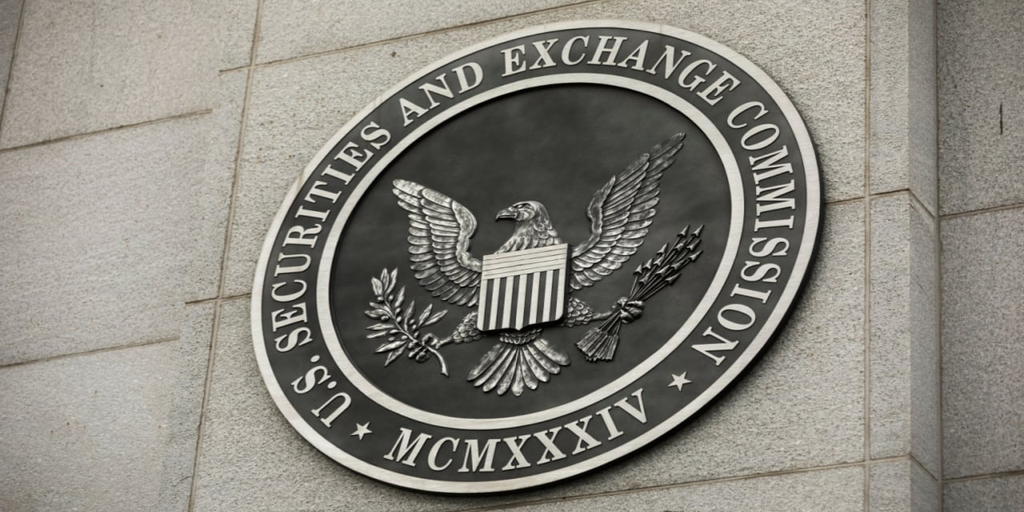
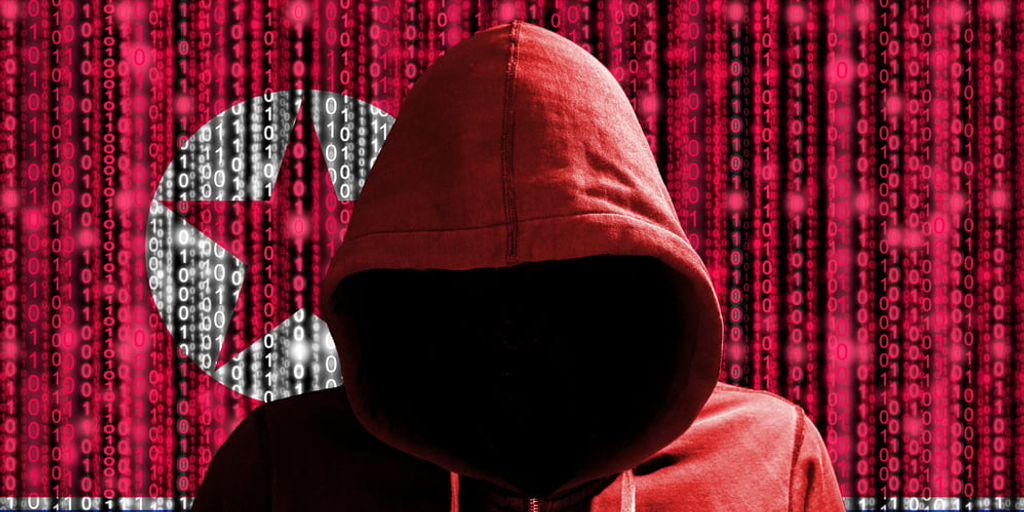
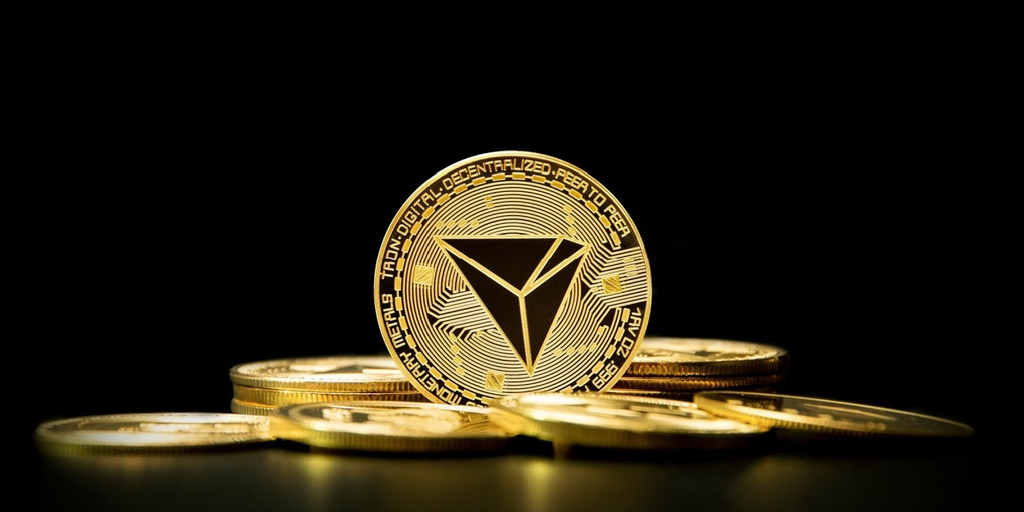
![Crypto Recovery Pump Incoming!! [DUMP NEARLY OVER – ACT NOW] Crypto Recovery Pump Incoming!! [DUMP NEARLY OVER – ACT NOW]](https://i.ytimg.com/vi/MrMeVsgZJPU/maxresdefault.jpg)


